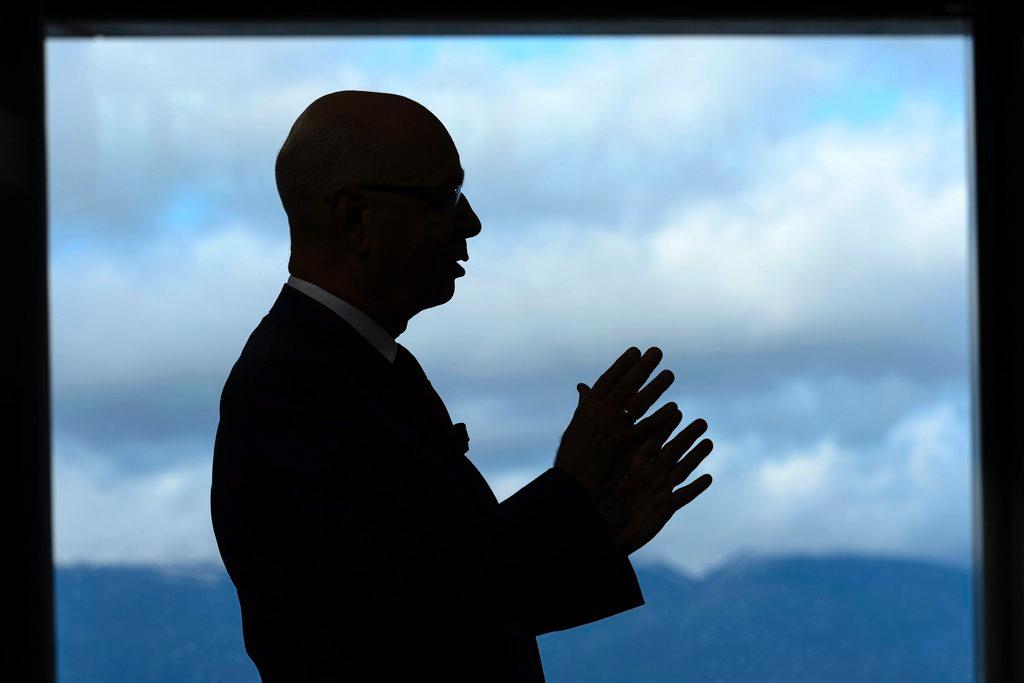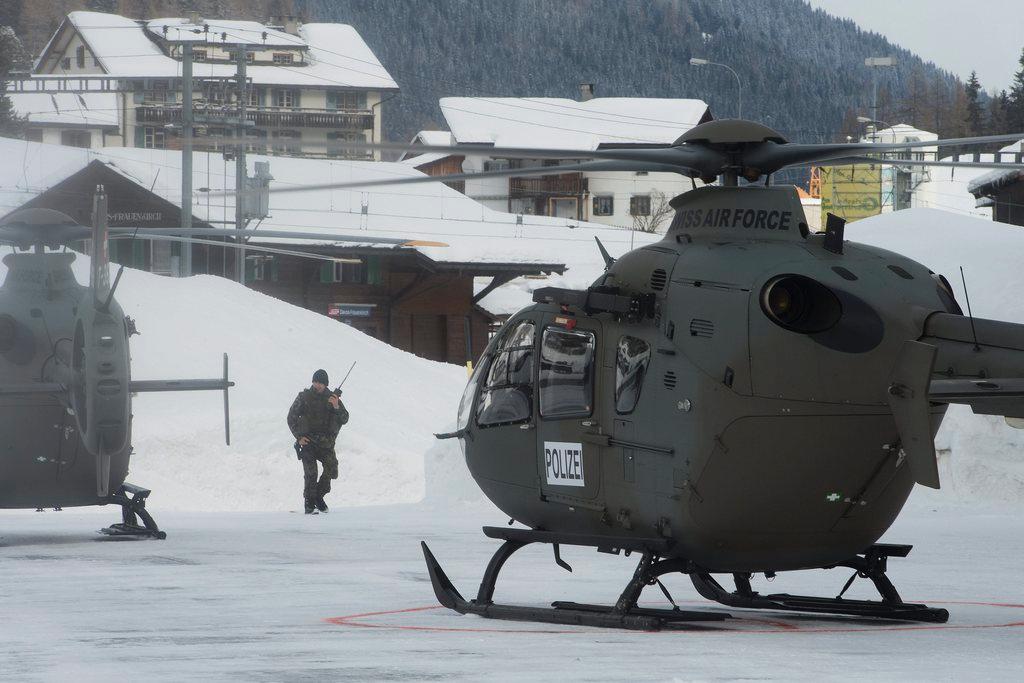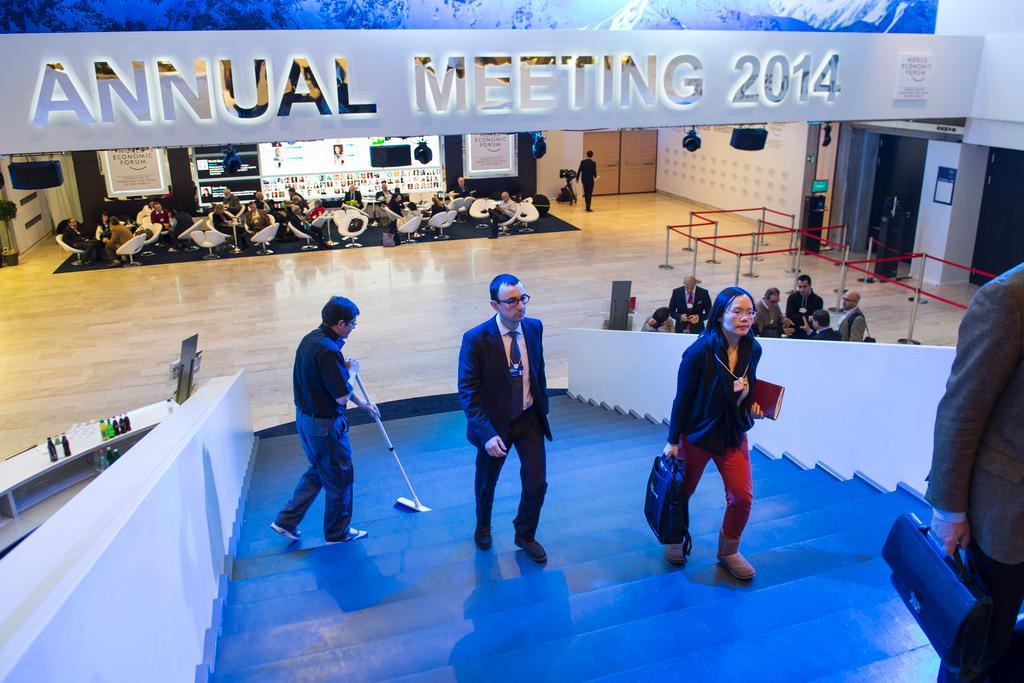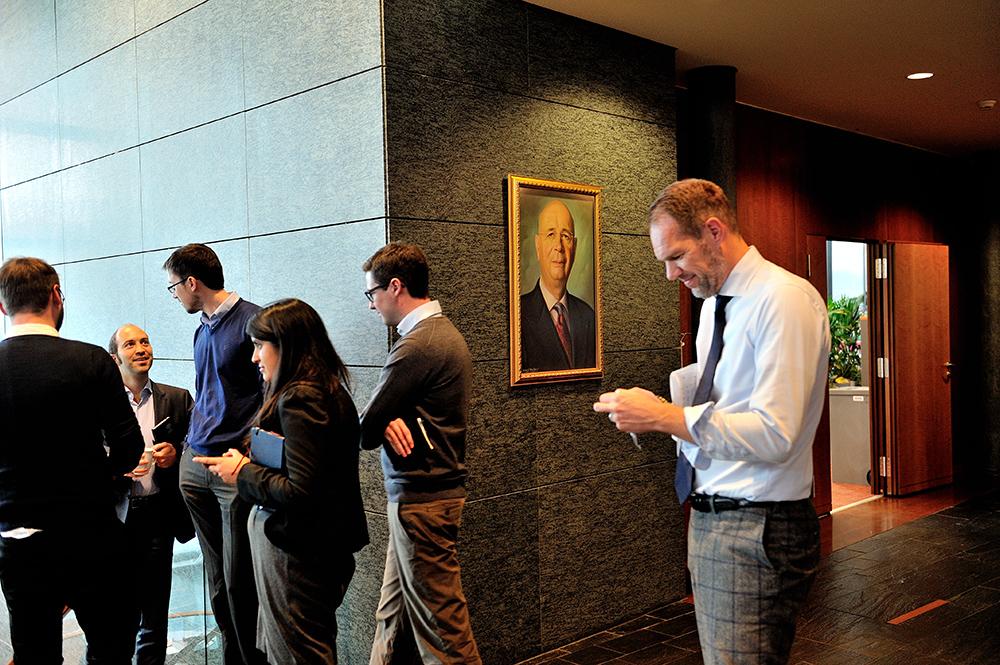WEF defends record in fight against inequality

The World Economic Forum (WEF), often accused of being a talking shop of the world’s powerful and wealthy, has defended itself as “the most importantly appropriate platform” for tackling poverty issues as it gears up to its annual meeting in Davos.
WEF’s ability to bring together decision-makers and influential people from the worlds of business, civil society, religion and politics is proof of its relevance to tackling inequality and marginalisation, according to managing board member Rick Samans.
“This platform does not presume to be the exclusive, all-encompassing answer to any particular solution,” he told a media conference ahead of the Davos meeting from January 21-24. “It is a platform where we try to encourage those who have expertise and resources that are relevant and can be brought to bear on major public challenges to focus on them much more systematically.”
Samans argued that the Davos meeting was only one part of WEF’s year-round work and should not be regarded anymore as a “one-off event”.
“We are not looking to produce specific outcomes at the end of the meeting that end the story,” he said. “We are looking to produce solutions that we can build on going forwards”.
Finding a way out of uncertainty
WEF, whose slogan states it is “committed to improving the state of the world” through the collaboration of private enterprise, governments and NGOs, will run its 45th annual flagship event under the theme of “The New Global Context”.
Explaining what that title means, WEF founder and executive Chairman Klaus Schwab, said that the world is currently trying to negotiate its way through the “post-post crisis” – an uncertain era following the 2007-8 financial and economic meltdown.
He identified continued slow economic global growth, the disruptive force of rapidly expanding technologies and continued conflicts around the world as the three major issues that need to be solved.
In the wake of the recent terror attacks on satirical magazine Charlie Hebdo in Paris, Davos sessions on Friday, January 23, will be dedicated to the issue of religiously inspired violence, added Philipp Rössler, another WEF executive.
French President François Hollande will address the Forum along with Iraq Prime Minister Haïdar Al Abadi and John Kerry, United States Secretary of State.
“The headline ‘New Context’ also means the fight against violent extremism,” Rössler told journalists. WEF declined to talk about security operations surrounding the high profile four day event in Switzerland.
A record 2,500 delegates will attend Davos this year from politics, business, science, civil society, religion and culture, including 40 heads of state.
Headline attendees will include China’s Prime Minister Li Keqiang, German Chancellor Angela Merkel, head of Alibaba Jack Ma and Ukraine President Petro Poroschenko.
Sessions will focus on ten major topics: environment and resource scarcity, employment skills and human capital, gender parity, long-term investing, infrastructure and development, food security and agriculture, international trade and investment, future of the internet, global crime and anti-corruption, social inclusion, and future of financial systems.

In compliance with the JTI standards
More: SWI swissinfo.ch certified by the Journalism Trust Initiative



You can find an overview of ongoing debates with our journalists here. Please join us!
If you want to start a conversation about a topic raised in this article or want to report factual errors, email us at english@swissinfo.ch.